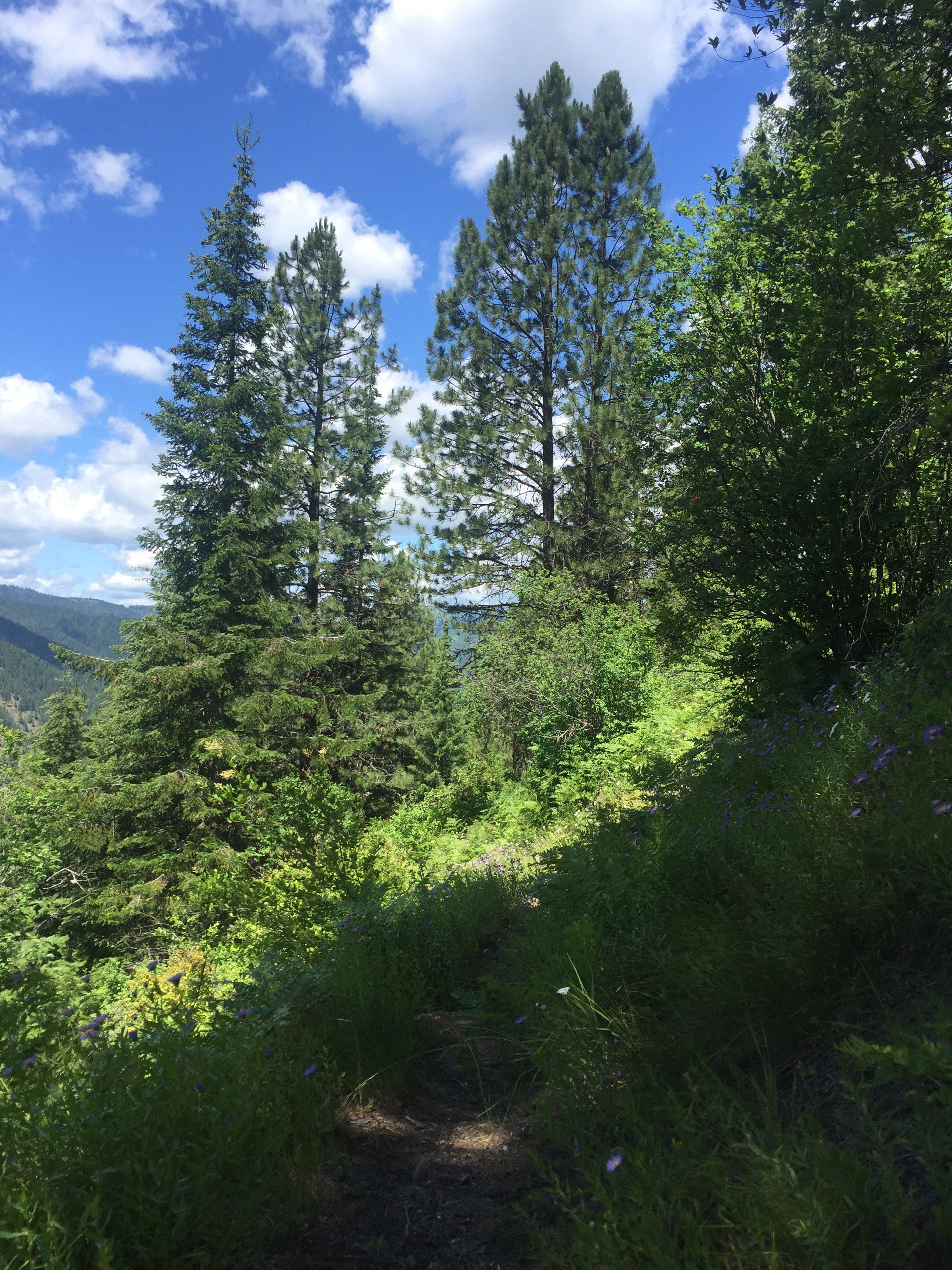Foresters and forest ecologists plan, maintain, and preserve forests and forest resources. The Forest Ecology and Management major at WSU is an interdisciplinary program that prepares students to make a positive impact locally and globally by creating, managing, conserving and repairing forested ecosystems. The program builds on a strong foundation in science, with an emphasis on forest ecosystems and lots of hands-on experience in forest measurements and sampling.
A minor in Geospatial analysis is built into the curriculum.
The Forest Ecology and Management program is provisionally accredited under the Society of American Foresters accreditation standards for forestry programs.
Your Experience in Forest Ecology and Management
- The major prepares you to work as a professional forest ecologist, performing tasks ranging from increasing timber production to restoring wildlife habitat.
- The major combines a strong background in the plant sciences with a strong emphasis on spatial analysis including landscape ecology and GIS.
- Graduates are expected to be field ready with a strong background in plant identification, forest measurements, and forest stand management.
- Students benefit from an integrated common core of course work rooted in the environment, taken in concert with students majoring in related disciplines.
- Hands on experience in on-campus and off-campus laboratory exercises and internship opportunities
- Students may elect to complete a minor in geospatial analysis along with the major.
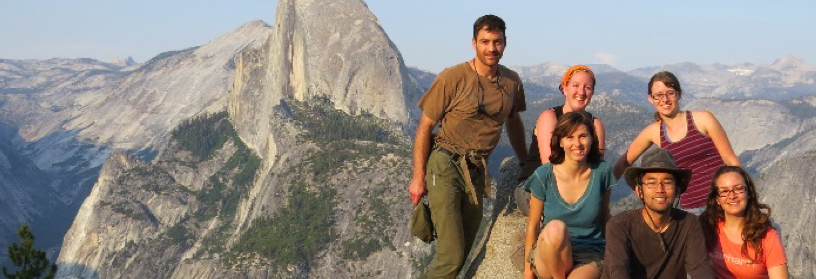
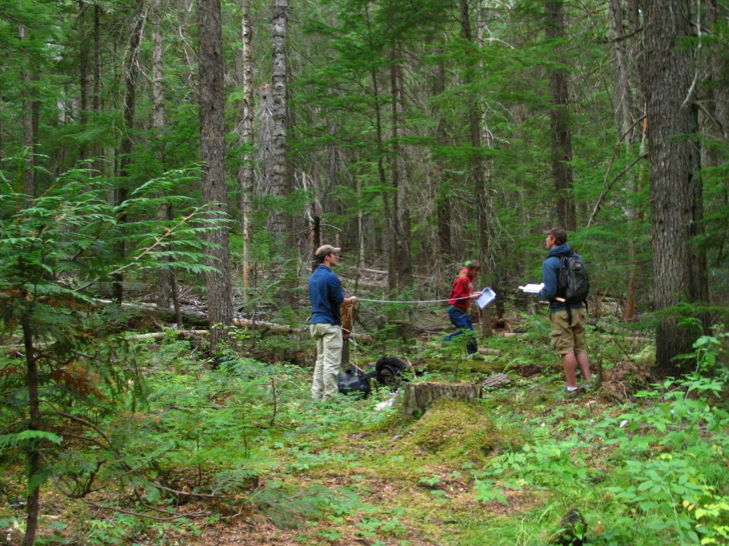
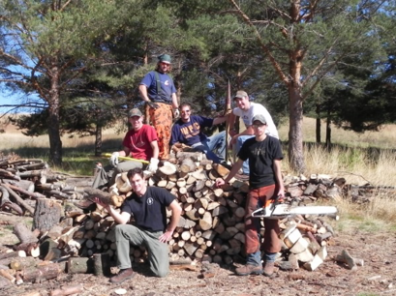
Join the Forestry Club to help you get prepared for your future by learning skills and meeting with industry experts.
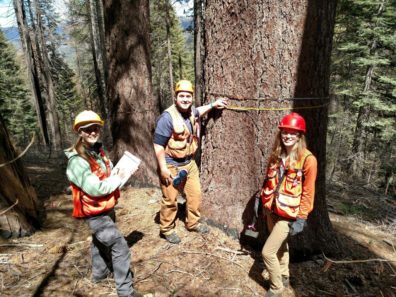
Learn the fundamentals of silviculture, forest dynamics and timber production and harvest.
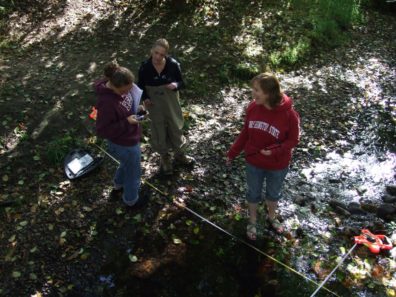
Gain hands-on experience working in forest systems.
Your Course of Study
- University general education requirements (UCORE)
- Basic biology, chemistry, physics, math & statistics classes
- Earth and Environmental Science integrated common core classes
- SOE 300 Natural Resources Ecology OR BIOL 372 General Ecology
- Introduction to GIS (SOILS 368)
- SOE 210 Earth History & Evolution OR ENVR_SCI 250 Intro to Earth System Science
- SOE 312 Nat Res & Society OR POL_S 430 The Politics of Natural Resource & Environmental Policy
- SOE 315 Water & Earth OR SOE 460 Watershed Management
- Forest Ecology and Management core classes
- Natural Resource and Forest Measurements (SOE 204 & 304)
- Forest and Arid Land Plants & Ecosystems (SOE 301 & 302)
- Silviculture (SOE 305)
- Remote Sensing & Airphoto Interpretation (SOIL SCI 374)
- Sampling Terrestrial Ecosystems (SOE 404)
- Wildland Fire (SOE 430)
- Natural Resources Policy & Law (SOE 438)
- Conservation Biology (SOE 450) or Wildlife Habitat Ecology (SOE 446)
- Landscape Ecology (SOE 464)
- ArcGIS & Spatial Analysis (SOIL SCI 468)
- Experiential
- SOE 420 Yosemite Practicum
- Electives
- Environmental Geology (SOE 303)
- Plants in the Environment (SOE 306)
- Applied remote sensing: from drones to satellite (SOE 486)
- Disturbance Ecology (SOE 495)
- Wildland Fire Ecology and Management(SOE 492-03)
- Professional electives, minor or internships that match your interests and enhance your career goals
Students acquire a minor in Geospatial Analysis as part of the Forest Ecology and Management curriculum.
When you have completed your Forest Ecology and Management major you will be able to:
In preparation for in-demand careers, forest ecology and management students will find themselves equipped with a strong set of knowledge and skills in:
- Plant and Ecosystem Sciences
- Silviculture
- Resource Economics
- Wildland Fire
- Forest Measurements
- Terrestrial Ecosystem Sampling
- Geospatial Analysis and remote sensing
- Environmental Policy
Your Hands-on Experiences
The program is comprised of both classroom- based science instruction and out-of-classroom experiences that allow students to apply theory to practice through field trips, internship opportunities, and study abroad options. Students are also supported in investigative problem-solving learning with opportunities for undergraduate research through a capstone course taken in the final year.
Your Career Options in Forest Ecology and Management
WSU Forest Ecology and Management graduates are ready for careers in private industry, non-government organizations, and local, state, and federal government as:
- Foresters
- Reforestation Specialists
- Wildfire Management Specialists
- Environmental Consultants
- Harvest Managers
- Geographic Information Specialist
- And many others
Forestry Club
The Forestry Club provides the opportunity for students geological sciences to learn local & regional forest practices, to interact among students, faculty, and industry leaders, and to involve relationship development among students, faculty and members of the community.
Activities include field trips, attending lectures/seminars of interest, scientific demonstrations, and monthly club meeting.
If you are interested in joining the Forestry Club please contact Dr. Henry Adams email: henry.adams@wsu.edu

